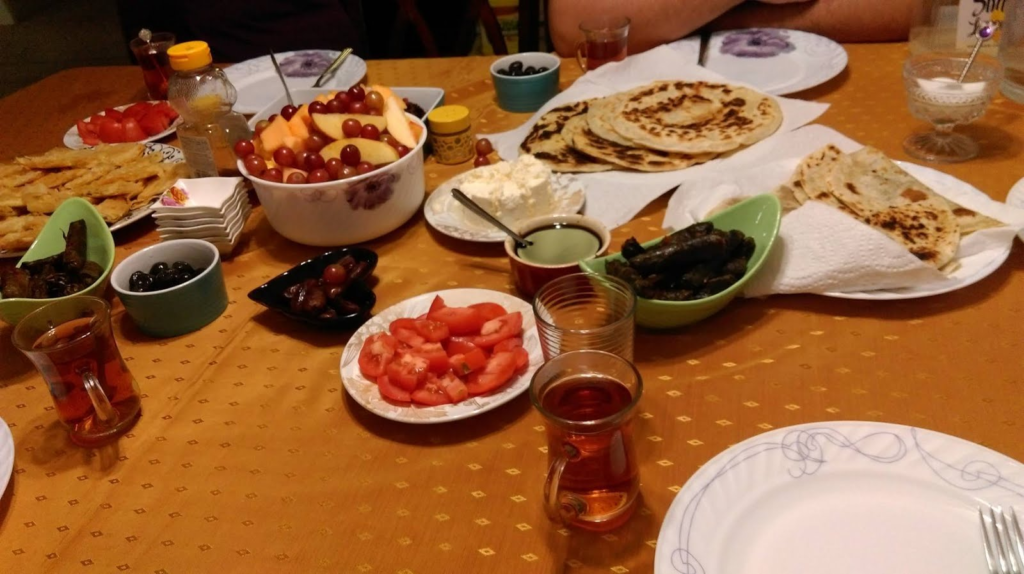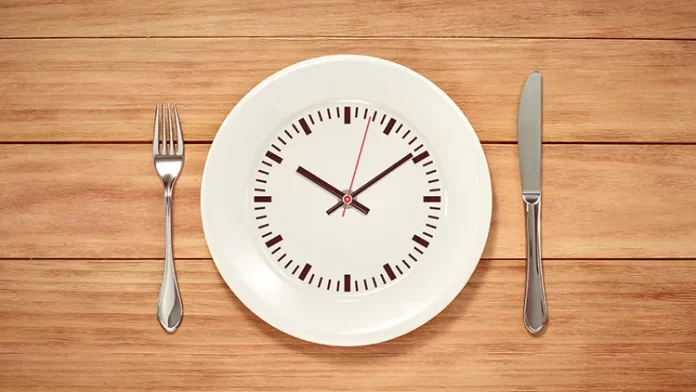Ramadan, the holiest month in the Islamic calendar, is not only a time of fasting but also a period of heightened spiritual reflection and devotion. Central to this sacred observance are the practices of Suhoor and Iftar. But what exactly do these terms signify, and why are they so pivotal to Muslims during Ramadan? Let’s embark on a journey to unravel the mysteries and significance of Suhoor and Iftar during this blessed month!
The Essence of Suhoor: Pre-Dawn Nourishment

What’s the Significance of Suhoor and Iftar During Ramadan? The Suhoor, also known as the pre-dawn meal, holds immense importance in Ramadan. Here’s why:
- Nourishing the Body and Soul: Suhoor provides sustenance to Muslims fasting during daylight hours, ensuring they have the energy to embark on their day-long fast. But it’s more than just physical nourishment; Suhoor is also a spiritual practice, a time for reflection and preparation for the day ahead.
- Following the Tradition of Prophet Muhammad (PBUH): The act of Suhoor is in accordance with the Sunnah (tradition) of Prophet Muhammad (PBUH), who emphasized the importance of partaking in the pre-dawn meal: “Partake in Suhoor, for indeed, there is a blessing in it.”
- Building Community and Family Bonds: Suhoor is often a communal affair, with families and friends gathering to share the pre-dawn meal together. This fosters a sense of unity and strengthens familial ties, echoing the spirit of togetherness that Ramadan embodies.
Breaking Fast with Iftar: A Time of Celebration and Gratitude

As the sun sets, Muslims eagerly await the call to prayer, signaling the end of their fast and the beginning of Iftar, the evening meal.
What’s the Significance of Suhoor and Iftar During Ramadan? Let’s delve deeper into the importance of Iftar:
- Expressing Gratitude: Iftar is a time of profound gratitude, as Muslims break their fast and partake in the first meal of the day after sunset. It’s a moment to appreciate the blessings bestowed upon them and to thank Allah for His mercy and sustenance.
- Promoting Empathy and Compassion: Fasting during Ramadan fosters empathy and compassion for those less fortunate. Iftar presents an opportunity for Muslims to engage in charitable acts by feeding the hungry and providing for those in need, thereby embodying the spirit of generosity and kindness.
- Reconnecting with Loved Ones: Just as Suhoor strengthens familial bonds, Iftar is a time for reconnecting with loved ones. Families gather around the table, sharing in the joy of breaking their fast together and engaging in meaningful conversations.
FAQs: Addressing Common Questions About Suhoor and Iftar
Q: Can I skip Suhoor and still fast?
A: While Suhoor is highly recommended, fasting remains valid even if one skips the pre-dawn meal. However, it’s advisable to partake in Suhoor to ensure one has the energy to sustain the fast throughout the day.
Q: What foods are typically consumed during Suhoor and Iftar?
A: Suhoor usually consists of light, nutritious foods such as fruits, grains, and protein-rich items to provide sustained energy. Iftar often begins with dates and water, followed by a variety of dishes ranging from traditional favorites to regional specialties.
Q: Is there a specific time for Suhoor and Iftar?
A: Suhoor should be consumed before dawn, preferably ending before the Fajr prayer. Iftar begins immediately after sunset, marked by the Maghrib prayer.
Conclusion: Embracing the Spiritual Journey of Ramadan
In conclusion, Suhoor and Iftar hold profound significance during Ramadan, serving as more than mere meal times but rather as opportunities for spiritual nourishment, gratitude, and communal unity. Through these practices, Muslims worldwide embark on a journey of self-discipline, empathy, and devotion, enriching their lives and fostering a deeper connection with Allah and their fellow human beings. So, as we ponder the significance of Suhoor and Iftar during Ramadan, let us embrace the spiritual essence of this blessed month and strive to embody its teachings throughout our lives. Ramadan Mubarak!


